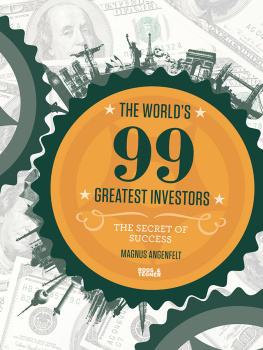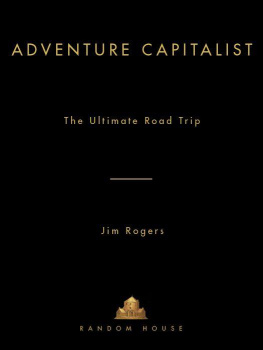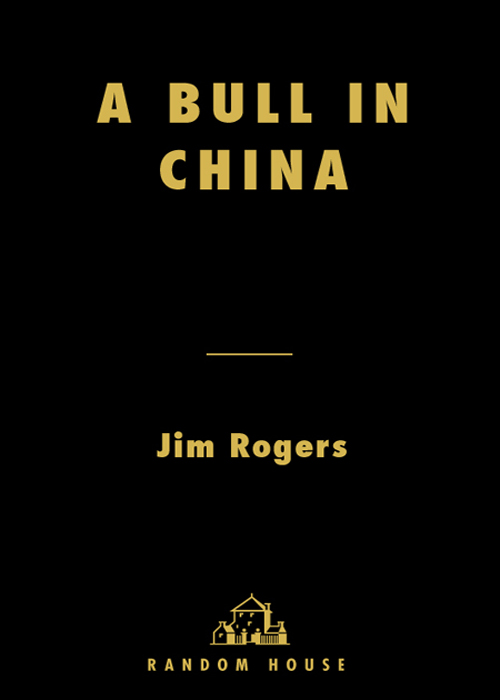
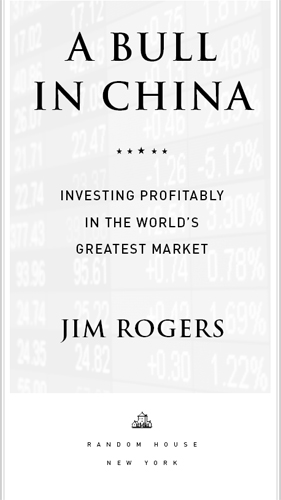
CONTENTS
For my Chinese-speaking daughter,
Happymy very best investment ever.
Do not wish for quick results, nor look for small advantages. If you seek quick results, you will not reach the ultimate goal. If you are led astray by small advantages, you will never accomplish great things.
CONFUCIUS
A revolution is not a dinner party.
MAO ZEDONG
Introduction: Catching the China Ride
W hy invest in China?
After reading this book, I hope youll agree that it still offers tremendous opportunities to the diligent investor in the century to come.
Thats just what I said to myself way back in 1984, when I sought to become the first Westernermaybe the first person everto ride a motorcycle across China. At the time, Id earned enough as a cofounder of Quantum, a global investment fund, to sit in a Manhattan town house and count my dividends. But Ive always been one of those adventuresome capitalists who would rather see, smell, and taste the real action than sit in a boardroom scanning graphs and charts.
Swapping my three-piece suit for a helmet and leathers, my ultimate aim was to make it around the world on my bikewhile seeing as many changing societies and economies as I could put on my odometer. Getting to the Great Wall on my own set of wheels, and getting a read on one great big chunk of humanity, seemed the perfect escape from the pressures of Wall Street.
In the end, it took me more time and pit stops to get the many permits required by the Chinese than it took me to cross over three thousand miles from coastal Shanghai to the Karakoram Highway into bordering Pakistan. I suspect that I probably obtained all those official papers because nobody had ever dared ask to do something that weird.
My long ride was hardly a stroll through a teahouse. Roads turned to sand, or got washed out by floods. The detour signs werent the sort I knew how to follow. Rocks bent my wheels, but spare parts were scarce and, at that time, so were decent Chinese restaurantsthough the banquets were tasty when I found them. After too much riding gave me a stiff neck, a small-town doctor made me one of the first Western guinea pigs in China to get stuck with acupuncture needles. I was stopped by traffic cops more times than the Road Runner, had to weave safely past a nation of first-generation drivers, and once ran out of gas right in front of a top secret military base. Asking for a spare liter from the Peoples Liberation Army was tough, but they eventually did their bit to help me get down the road. However, I turned speechless at a fledgling disco in a small-town park when a polite young Chinese man asked me to be his partner for a fox-trot. Back then, few people were trotting out their business English, and the locals werent sure what to make of a sandy-haired foreign devil from Alabama with no banjo on my knee but plenty of Gobi Desert dust on my face.
But I had such a blast that I crossed China again twice more, in 1990 by motorcycle, and nine years later in a customized Mercedes car as part of an epic three-year trip that covered 152,000 miles to celebrate the millennium. Each time I returned to Chinese soil, I felt like I was coming to an entirely new country. I eventually saw how all my assumptions about the fast-changing Peoples Republic had been plain wrong. I figured that the Chinese and I were complete opposites: the brash individualist tasting the freedom of the open road and championing unrestrained markets, versus group-minded, state-controlled, godless Communists.
That last one got put to rest on one of the very first nights of one journey. Checking into a hotel in the Muslim Far West, I saw a banner strung across the lobby that read, HOUSE OF GOD. Besides, I knew that if the people who ran China were giving an unrepentant Yankee trader like me the chance to run loose, something fundamental had to be changing.
I wish I could say that I was out there scouting for start-ups or great penny stocks. But I did tell anyone who would listen that these folks just might be presiding over one thriving economy within twenty years. In 1978, Chinas supreme leader, Deng Xiaoping, had restarted traditions of commerce suppressed for decades by wars, civil strife, and Communist dogma. So my cruises afforded me a terrific ground-level view of the capitalist road China was starting down. Chinas stock markets werent open for business as yet, but real marketsthe kinds where people buy a fish or a yard of silkshowed me how peasants were already tasting the fruits of deregulation and free enterprise. The way the price of watermelons kept fluctuating before reaching the proper level of supply and demand, and the way sellers haggled over them, made me wish I could have bought myself some melon futures.
Suddenly, the Chinese were forging their own careers and charting how to pursue a better life for their children. The amazing potential and entrepreneurial spirit of a billion people had been unleashed. I never got over the excitement of hearing a new restaurant owner speak proudly of meeting his payrolls, or returning to find a farmers savings invested in his own carpet factory, watching kids who earned money from pool tables on the side of the open road moving on to bigger enterprises, or seeing one acquisitive peasant become the orchard king after buying up every plot of apples in his region. And making it all more exciting was the way people everywhere were reconnecting with traditions that for centuries had helped China lead the worlds trade, science, and innovation.
I cant claim all my forays made me a true China hand. Maybe just a China foot. Nor was I ever one of those goo-goo-eyed believers made giddy by the prospect of a billion-plus paying customers. As recently as 2004, when Chinese stock prices were still in the doldrums, weighed down by state-held shares and excess regulation, I spoke so pessimistically about investing that a national TV program out of Beijing censored my remarks.
Still, a conviction I acquired by the seat of my pantsand confirmed over time with hard, cold numbershas led me to invite you to hop aboard an even more profitable journey. There will surely be rough patches on that journey, but I am convinced that those who ride them out will see real long-term gains. Actually, those rough patches will provide the most buying opportunities for investorsso the rougher, the better.
You could say that this book has been twenty-three years and over fifteen thousand miles in the making. So I hope you will use it as your road map to investment earnings in China. As one Chinese proverb says, If you wish to know the way ahead, ask those who have traveled it.
When I first glimpsed the skylines of Chinese cities, they were drab and empty, dotted with a few Soviet-style spires. By 1990, they were clogged with construction cranes (Shanghai alone had a majority of those in use around the globe). These days, you dont see so many because the foundations of a modern powerhouse have already been laid. Now the world gets the fun of seeing whats going to rise upon them. And finally, after years of stutter steps, the same thing is happening with Chinas stock markets.
For nearly three decades, China has been the fastest-growing country in the world. With a rate of savings and investment exceeding 35 percent among its 1.3 billion people, and foreign reserves that already top the planet, it is set to become the most important country in mankinds future.
Ill go a step further: just as the nineteenth century belonged to England and the twentieth century to America, so the twenty-first century will be Chinas turn to set the agenda and rule the roost. Before I get into a single stock listing, the very best advice of any kind that I can give you is to teach your children or your grandchildren Chinese. It is going to be the most important language of their lifetimes.
Next page


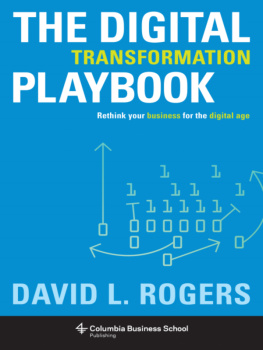

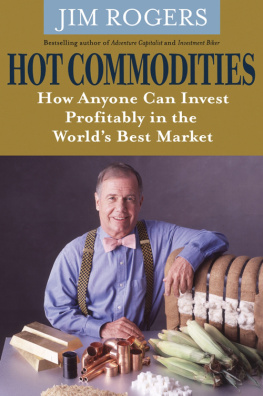
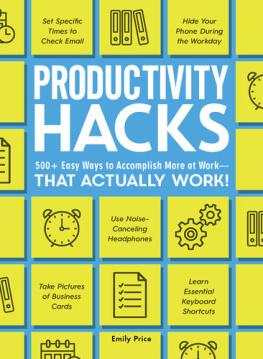
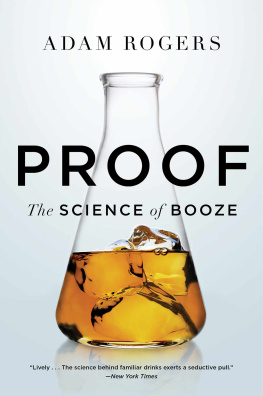
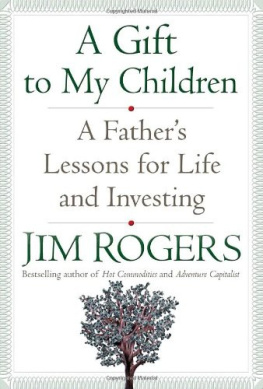

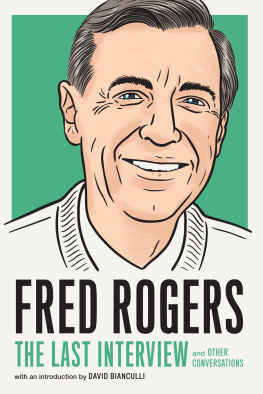
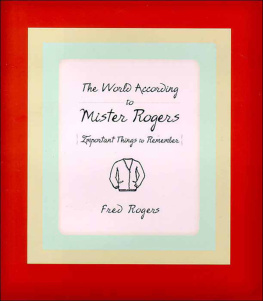
![Flower - China: [the essential guide to customs & culture]](/uploads/posts/book/200771/thumbs/flower-china-the-essential-guide-to-customs.jpg)
